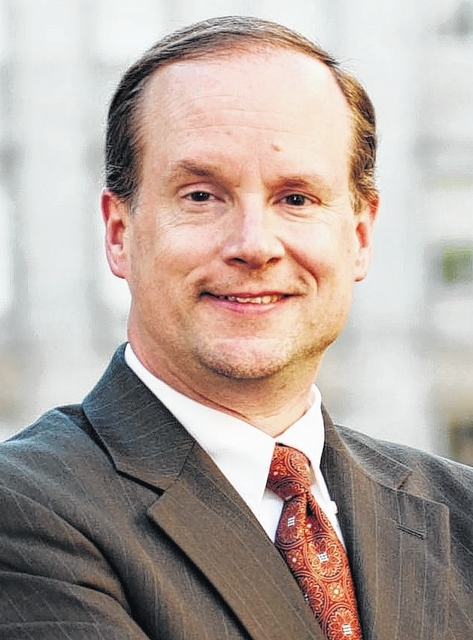Precisely four times in modern North Carolina history, voters have elected a new governor or lieutenant governor of one party and legislative majorities of the other party. In all four instances, the legislature stripped the newly elected executives of some power.
In the first three instances — Republican Gov. Jim Holshouser’s election in 1972, Republican Gov. Jim Martin’s election in 1984, and Republican Lt. Gov. Jim Gardner’s election in 1988 — it was a Democratic legislature who did the stripping. As Martin’s biographer, I’m most familiar with his experience. Lawmakers limited his ability to staff agencies (including the State Board of Elections), subjected other appointments to constraints or confirmation, and withdrew gubernatorial control over state construction and administrative hearings, among other actions.
In each case, Republicans cried foul. Democrats insisted they were simply carrying out North Carolina’s longstanding preference for legislative supremacy.
If you think I offer this history to justify the fourth instance in question — the recently concluded special session of the GOP-led General Assembly — then you are mistaken. While I think many provisions that lawmakers passed this month are either needed or at least have potential, they were major changes in the structure and operation of state government. They deserved more deliberation than a brief Christmastime session allowed.
When you make policy through an orderly process of committee hearings, robust debate, and sufficient time for lots of people to weigh in, you increase both the quality of legislation and the credibility of legislators. Routinely, such a process uncovers drafting errors or unforeseen complications that can be addressed before passage.
Admittedly, some of the changes were relatively straightforward. For example, I’ve argued for many years that we should either have partisan elections for appellate judges or adopt a federal-type system of gubernatorial appointment with legislative confirmation. The worst option is the “nonpartisan” system adopted by Democrats in 2002 after years of watching Republicans win judicial races.
The subsequent elections continued to be partisan in all but name. Democrats simply figured they would win more of them if the labels were removed. It was a partisan scheme to deny voters information. Republican lawmakers reversed it for the 2016 elections for Court of Appeals but came up with a different scheme for the Supreme Court. That was a grave mistake, now corrected.
But what about the creation of a new bipartisan elections and ethics board, or the changes to the administration of the Department of Public Instruction? There may be merit to these ideas. There may also be unanticipated consequences. Having been passed in haste, they should now be watched in more leisure and adjusted as needed during regular session.
Here’s something else North Carolina history can teach us: don’t believe apocalyptic claims about an end to representative government. Incoming Gov. Roy Cooper, among others, knows better. He knows that he will have roughly the same hiring authority that other recent governors have had (albeit much less than Pat McCrory received). He knows that senators are unlikely to reject most of his Cabinet secretaries, and that if they did his other hires would essentially run the departments, anyway.
After all, Holshouser and Martin weren’t irrelevant governors. They got things done. Cooper — who proposed or enacted checks on governors of both parties during his service in the state legislature — still retains many formal and informal powers. He’ll use them.
One last thing. Democrats upset with the special session might have been more persuasive had they chosen a different rhetorical strategy. Every time they accused GOP lawmakers of “unprecedented” acts, of “contempt for democracy,” of being “sore losers” and the like, all Republicans heard was hypocrisy. What happened in 2016 was different in detail, but not much in degree, from what happened in the past. A better argument would have been, “Yes, we Democrats went too far when we were in power. It often came back to bite us. Don’t make the same mistake.”
I am all for breaking the cycle. That will greater trust and long-term thinking, from both sides.
John Hood is chairman of the John Locke Foundation and appears on the talk show “NC SPIN.” You can follow him @JohnHoodNC.

